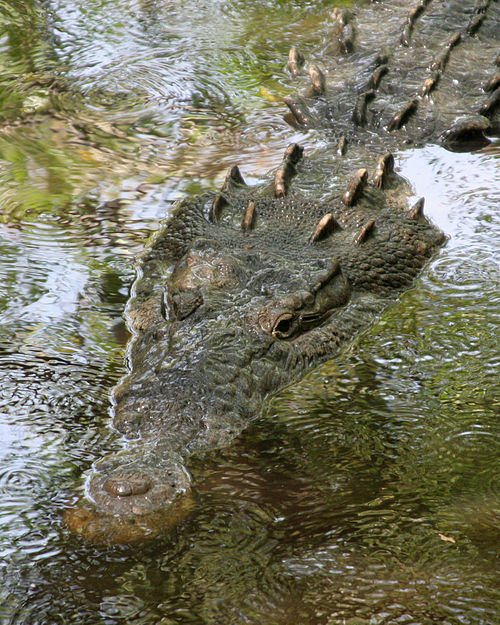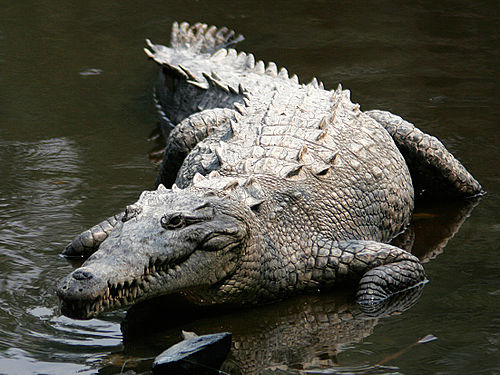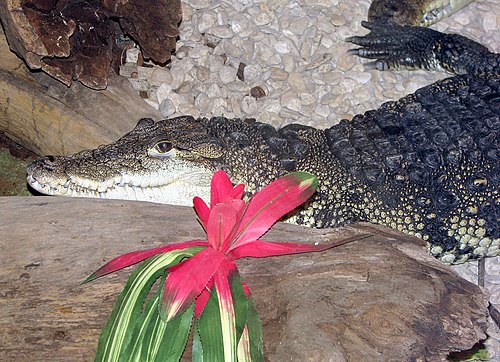Milknoun
(uncountable) A white liquid produced by the mammary glands of female mammals to nourish their young. From certain animals, especially cows, it is also called dairy milk and is a common food for humans as a beverage or used to produce various dairy products such as butter, cheese, and yogurt.
Milknoun
(uncountable) A white (or whitish) liquid obtained from a vegetable source such as almonds, coconuts, oats, rice, and/or soy beans. Also called non-dairy milk.
Milknoun
An individual serving of milk.
Milknoun
The ripe, undischarged spat of an oyster.
Milknoun
Semen.
Milkverb
(transitive) To express milk from (a mammal, especially a cow).
Milkverb
(transitive) To draw (milk) from the breasts or udder.
Milkverb
(transitive) To express any liquid (from any creature).
Milkverb
To make excessive use of (a particular point in speech or writing, etc.); to exploit; to take advantage of (something).
Milkverb
(of an electrical storage battery) To give off small gas bubbles during the final part of the charging operation.
Milkverb
To single-mindedly masturbate a male to ejaculation, especially for the amusement and/or satisfaction of the masturbator/trix rather than the person masturbated.
Milknoun
A white fluid secreted by the mammary glands of female mammals for the nourishment of their young, consisting of minute globules of fat suspended in a solution of casein, albumin, milk sugar, and inorganic salts.
Milknoun
A kind of juice or sap, usually white in color, found in certain plants; latex. See Latex.
Milknoun
An emulsion made by bruising seeds; as, the milk of almonds, produced by pounding almonds with sugar and water.
Milknoun
The ripe, undischarged spat of an oyster.
Milkverb
To draw or press milk from the breasts or udder of, by the hand or mouth; to withdraw the milk of.
Milkverb
To draw from the breasts or udder; to extract, as milk; as, to milk wholesome milk from healthy cows.
Milkverb
To draw anything from, as if by milking; to compel to yield profit or advantage; to plunder.
Milkverb
To draw or to yield milk.
Milkverb
To give off small gas bubbles during the final part of the charging operation; - said of a storage battery.
Milknoun
a white nutritious liquid secreted by mammals and used as food by human beings
Milknoun
produced by mammary glands of female mammals for feeding their young
Milknoun
a river that rises in the Rockies in northwestern Montana and flows eastward to become a tributary of the Missouri River
Milknoun
any of several nutritive milklike liquids
Milkverb
take milk from female mammals;
Milkverb
exploit as much as possible;
Milkverb
add milk to;
Milknoun
an opaque white fluid rich in fat and protein, secreted by female mammals for the nourishment of their young
Milknoun
the milk from cows (or goats or sheep) as consumed by humans
Milknoun
the white juice of certain plants
Milknoun
a creamy-textured liquid with a particular ingredient or use
Milkverb
draw milk from (a cow or other animal), either by hand or mechanically
Milkverb
(of an animal, especially a cow) produce milk
Milkverb
extract sap, venom, or other substances from
Milkverb
exploit or defraud by taking small amounts of money over a period of time
Milkverb
get all possible advantage from (a situation)
Milkverb
elicit a favourable reaction from (an audience) and prolong it
Milk
Milk (also known in unfermented form as sweet milk) is a nutrient-rich liquid food produced by the mammary glands of mammals. It is the primary source of nutrition for young mammals, including breastfed human infants before they are able to digest solid food.
Crocodilenoun
Any of the predatory amphibious reptiles of the family Crocodylidae; (loosely) a crocodilian, any species of the order Crocodilia, which also includes the alligators, caimans and gavials.
Crocodilenoun
A long line or procession of people (especially children) walking together.
Crocodilenoun
(logic) A fallacious dilemma, mythically supposed to have been first used by a crocodile.
Crocodileverb
(intransitive) To speak one's native language at an Esperanto-language gathering, rather than Esperanto.
Crocodilenoun
A large reptile of the genus Crocodilus, of several species. They grow to the length of sixteen or eighteen feet, and inhabit the large rivers of Africa, Asia, and America. The eggs, laid in the sand, are hatched by the sun's heat. The best known species is that of the Nile (Crocodilus vulgaris, or Crocodilus Niloticus). The Florida crocodile (Crocodilus Americanus) is much less common than the alligator and has longer jaws. The name is also sometimes applied to the species of other related genera, as the gavial and the alligator.
Crocodilenoun
A fallacious dilemma, mythically supposed to have been first used by a crocodile.
Crocodilenoun
large voracious aquatic reptile having a long snout with massive jaws and sharp teeth and a body covered with bony plates; of sluggish tropical waters
Crocodile
Crocodiles (family Crocodylidae) or true crocodiles are large semiaquatic reptiles that live throughout the tropics in Africa, Asia, the Americas and Australia. The term crocodile is sometimes used even more loosely to include all extant members of the order Crocodilia, which includes the alligators and caimans (family Alligatoridae), the gharial and false gharial (family Gavialidae), and all other living and fossil Crocodylomorpha.




































